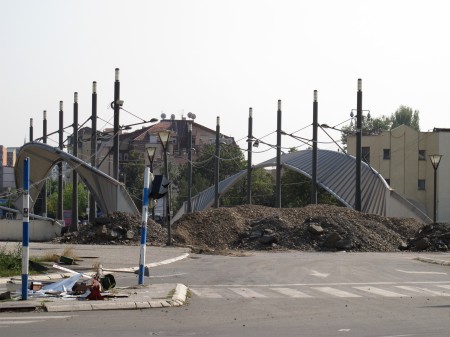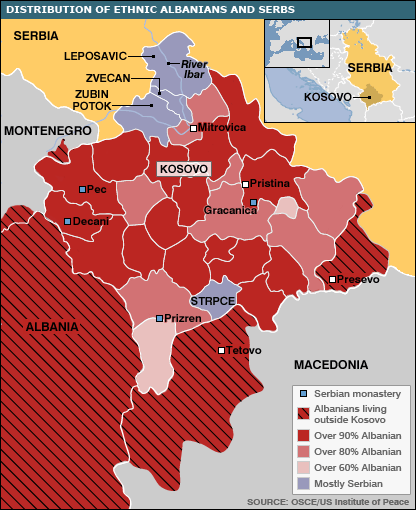
Eliot Engel, the top Democrat on the U.S. House of Representative’s Foreign Affairs Committee, has long taken a close interest in Balkan affairs and offered strong praise for the agreement Serbia and Kosovo reached in April. RFE/RL Balkan Service’s Pristina bureau chief, Arbana Vidishiqi, spoke to Engel about the agreement and the prospects for reconciliation between Serbia and Kosovo.
RFE/RL: Congressman Engel, Kosovo and Serbia reached an agreement on April 19 on the normalization of their relations but both parties have now missed the deadline in drafting the implementation plan. Do you think the process of normalization is at risk?
Eliot Engel: No, I don’t. I think when you have a process of normalization like this, there is always going to be things that get in the way, there is always going to be obstacles; but I think if both parties are determined to reach an agreement, which they have, and carry out the agreement, I think, things will be fine. This is obviously a serious situation. Both sides have a lot of trepidation or doubt about whether this is a good thing, but I think that this is a necessary step that has to be taken and I believe will work out. The EU, of course, is right there and the United States will always stand by the people of Kosovo every step of the way.
RFE/RL: The agreement seems to allow for the possibility for the establishment of a so-called mini-state — similar to Republika Srpska in Bosnia-Herzegovina — in northern Kosovo. Does it?
Engel: No, it doesn’t. These are very difficult negotiations. There are a lot of opinions in so many different ways. There has been hostility for so many years. 1999, obviously, is still fresh in everybody’s mind — at least on Kosovo’s side — and I think that this agreement is a necessary agreement. I think that, in an agreement, no side gets everything they want. And an agreement is a compromise. And a compromise is one side gets some of what they want and the other side gets some of what they want. And as a result, neither side is totally satisfied, but both sides feel this is in the best interest because they can move on from here, they can put the past behind them or attempt to put the past behind them and look forward to the future.



